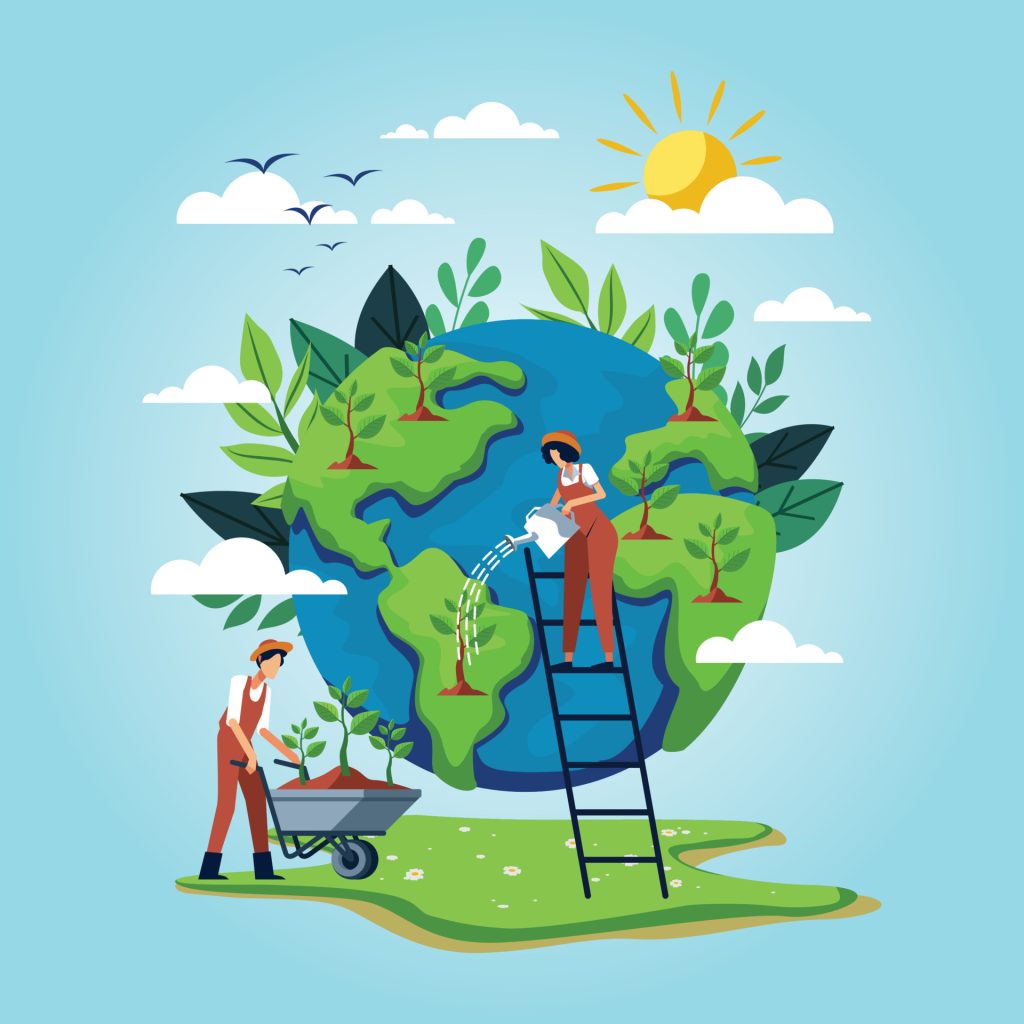Environmental Protection and Conservation in Uganda

Uganda, often called the “Pearl of Africa,” is blessed with rich biodiversity, lush forests, scenic lakes, and diverse wildlife.
From the iconic Lake Victoria to the misty mountains of Bwindi, the country’s natural resources are not only a source of national pride but also critical to the survival and well-being of its people. However, increasing environmental degradation threatens this natural heritage. Environmental protection and conservation are no longer optional — they are urgent, shared responsibilities.
🌍 Why Environmental Protection Matters
Uganda’s economy is heavily reliant on agriculture, forestry, fisheries, and tourism — all of which depend on a healthy environment. Yet, issues such as deforestation, wetland encroachment, plastic pollution, and climate change are causing irreversible damage.
- Deforestation: Uganda loses thousands of hectares of forest cover each year due to charcoal burning, illegal logging, and agricultural expansion.
- Wetland Degradation: Once considered wastelands, wetlands are vital ecosystems that purify water, support biodiversity, and prevent flooding.
- Pollution: Plastic waste, especially in urban centers like Kampala, is choking drainage systems and contaminating water bodies.
- Climate Change: Rising temperatures, erratic rainfall, and prolonged droughts are increasingly affecting food security and livelihoods.
⚖️ Legal Framework and Government Efforts
Uganda has a robust legal and institutional framework for environmental management:
- The National Environment Act empowers the National Environment Management Authority (NEMA) to regulate activities that impact the environment.
- The Uganda Wildlife Authority (UWA) oversees conservation in protected areas and national parks.
- The government also encourages reforestation through tree-planting campaigns.
However, enforcement remains weak due to limited resources, corruption, and public ignorance or resistance.
🙌 Community Involvement: A Game Changer
Real environmental conservation begins with the people. Grassroots initiatives have proven effective in many parts of Uganda. Community-based organizations and youth groups are leading efforts in tree planting, environmental education, and waste management.
Schools, religious institutions, and local councils play a crucial role in shaping environmental values and encouraging sustainable practices.
♻️ What You Can Do as a Ugandan Citizen
- Plant Trees: Every tree planted helps combat deforestation and climate change.
- Reduce, Reuse, Recycle: Cut down on plastic use, and sort your waste.
- Support Eco-Friendly Businesses: Choose companies that prioritize sustainability.
- Respect Protected Areas: Avoid poaching, illegal logging, or encroachment.
- Educate Others: Spread awareness through social media, community talks, or school programs.
🌱 The Road Ahead
Environmental protection in Uganda is a long-term commitment that requires coordinated action among government institutions, civil society, private sector, and individuals. With growing awareness and stronger enforcement, Uganda can preserve its ecological treasures for future generations — and continue to thrive as the “Pearl of Africa.”
Together, we can build a cleaner, greener Uganda. The time to act is now.
